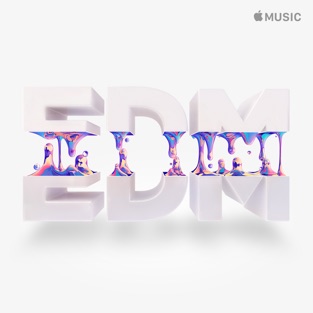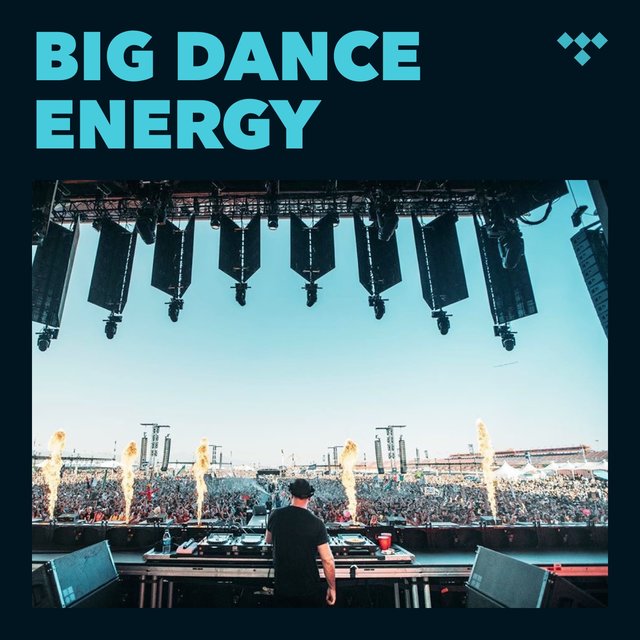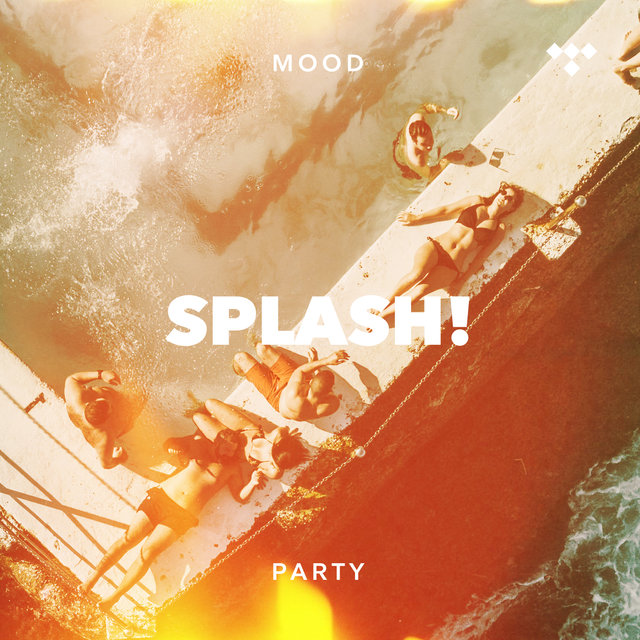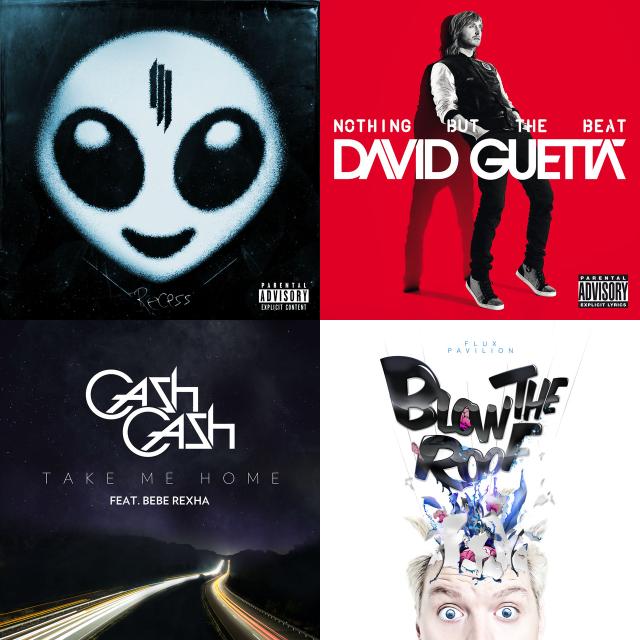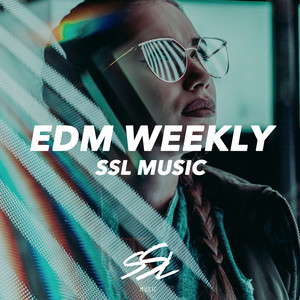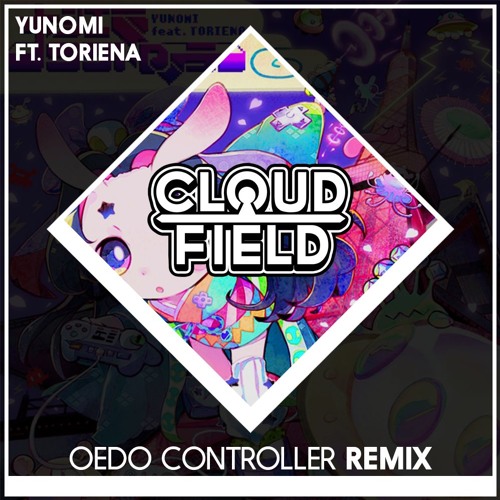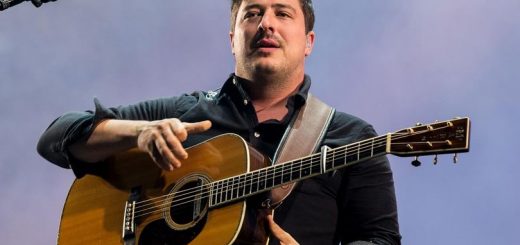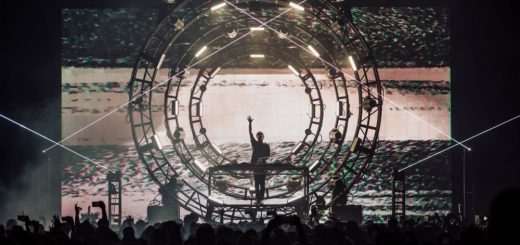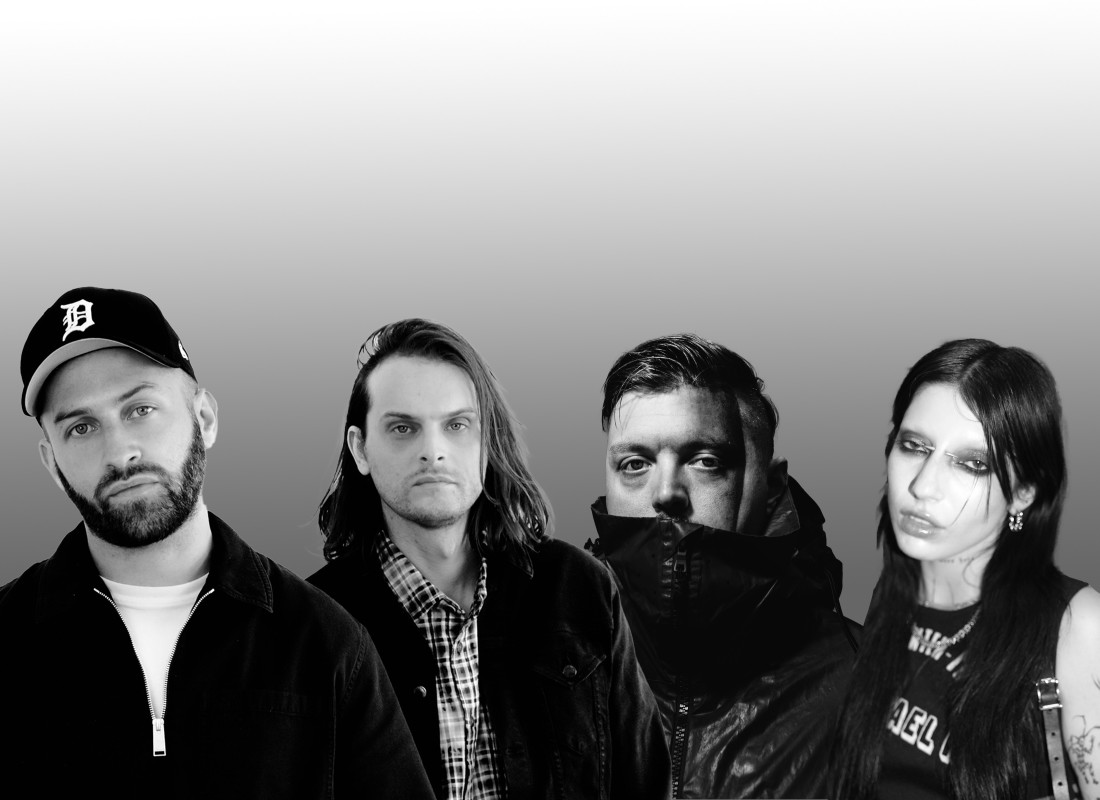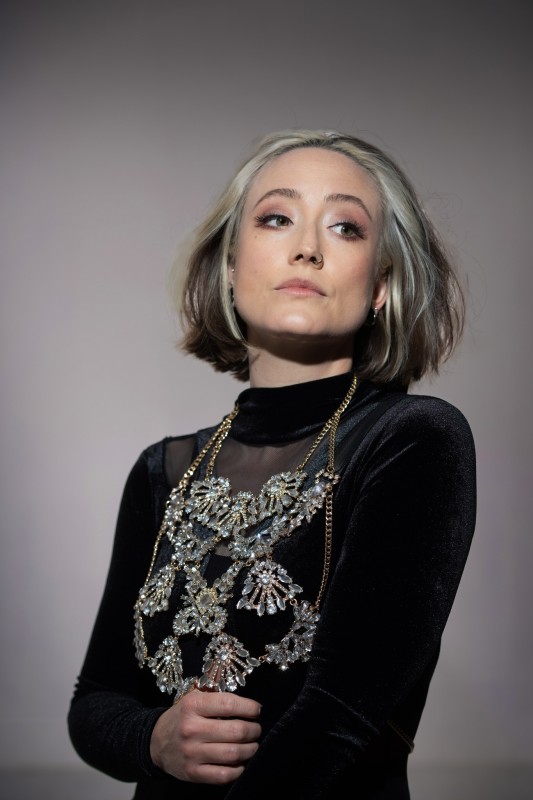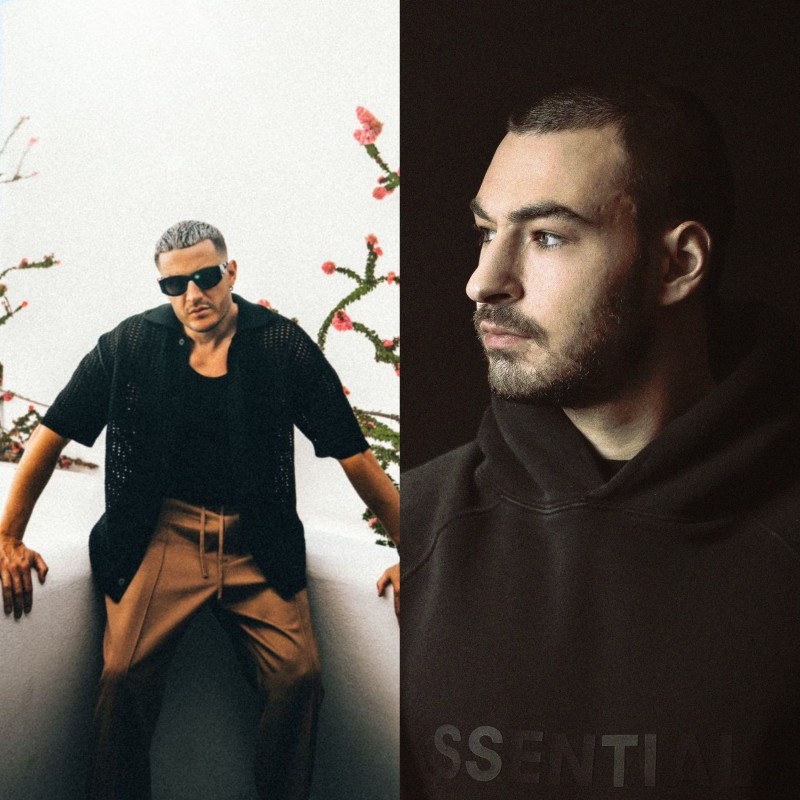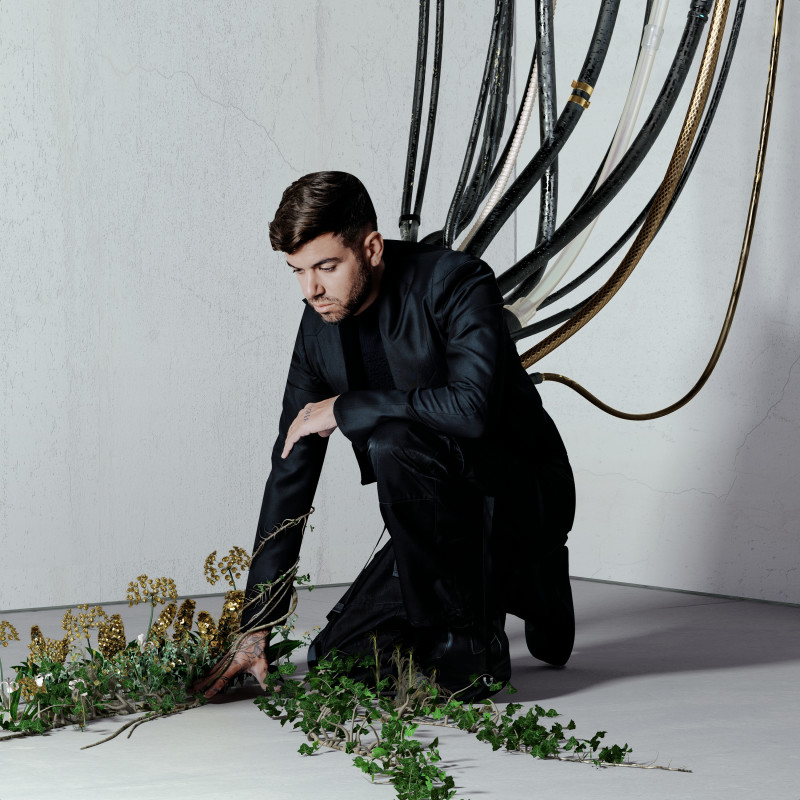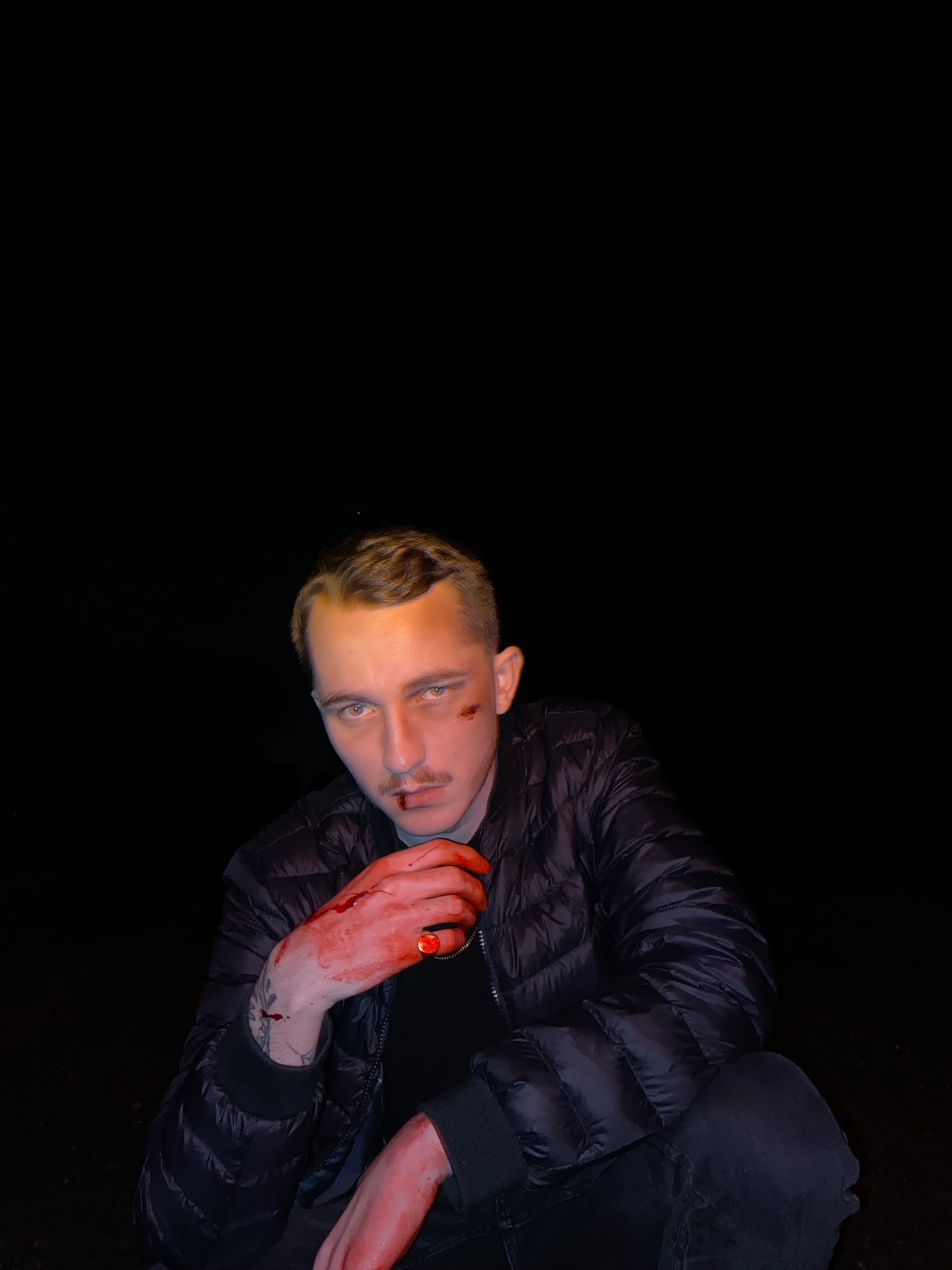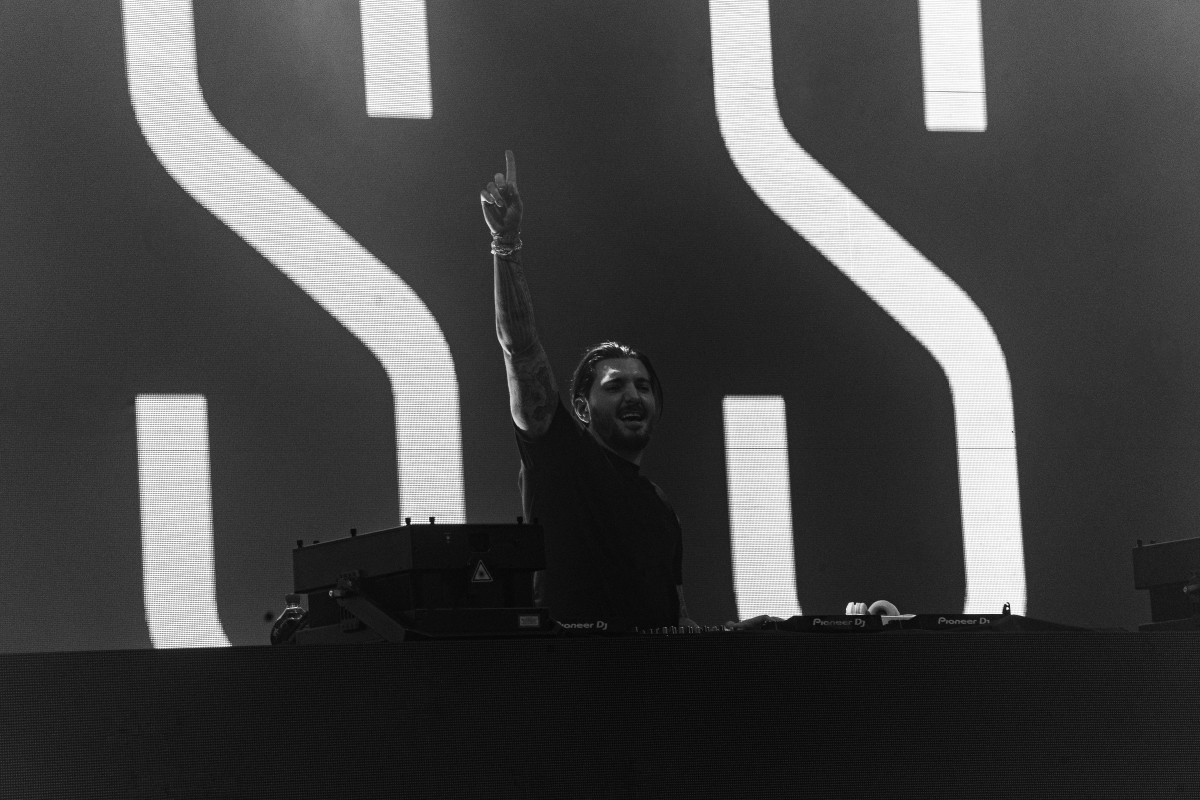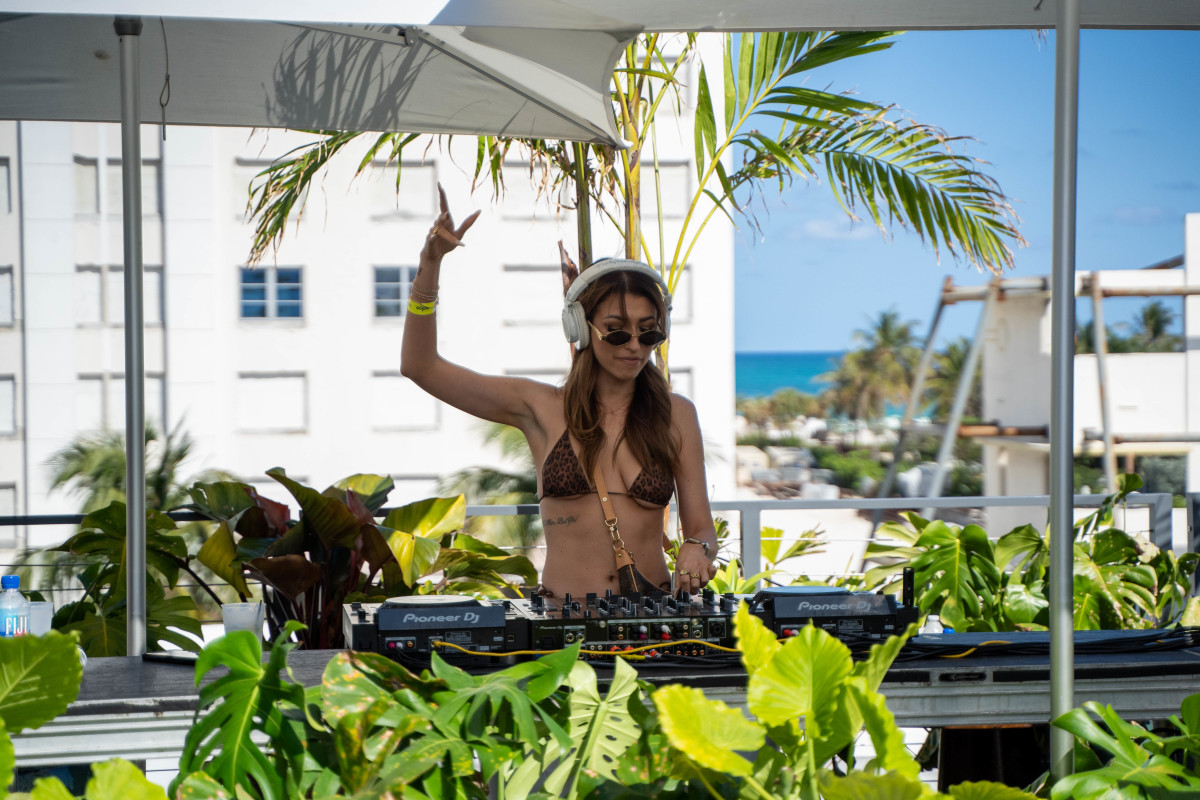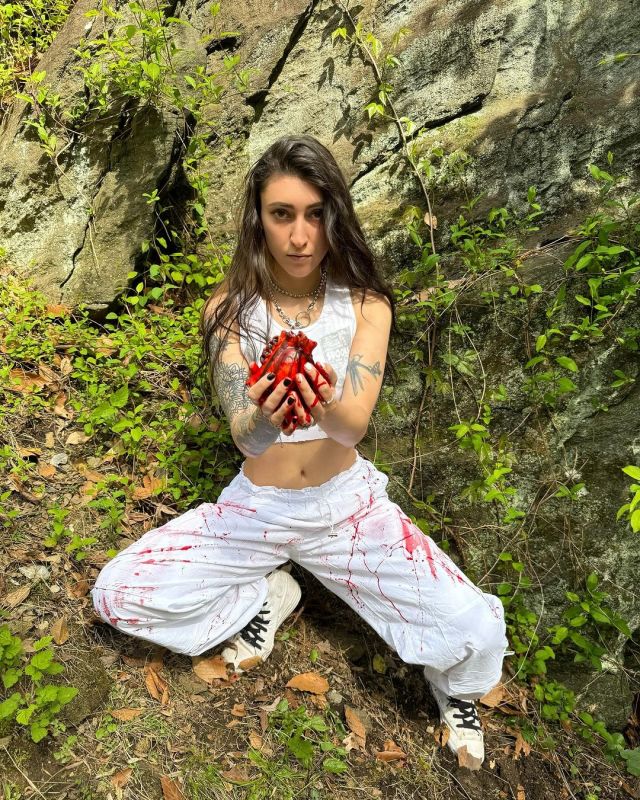Techno Tuesday: Colyn on his dreams, inspirations, and the importance of networking as a young artist – Dancing Astronaut
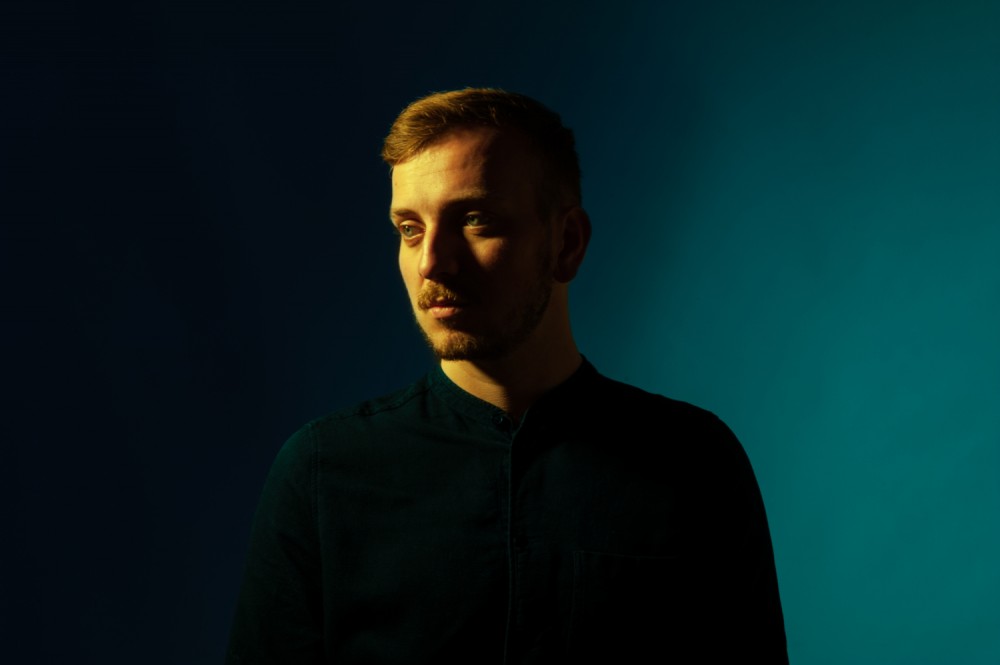
Techno Tuesday is a feature on Dancing Astronaut documenting the culture of underground dance music. We’ll bring you exclusive interviews, tracks, and narratives from artists within the techno, tech house, and deep house world in an effort to shed light on some of the best talent outside the world of mainstream dance music.
It’s not often one get their first releases on iconic labels like Afterlife and Rose Avenue, but Dutch talent Colyn has done just that. Hailing from a musical household, he grew up inspired by artists who were able to use melody, instrumentation, and dynamics to convey their emotions. This translated into a DJ and producer career that saw him gravitating toward music that reflected this. As any DJ does in their career, he began sending out demos to various bigger acts in his arena—and by chance, was there when he heard Tale Of Us spinning one of his tracks in their set. That track was “Amor,” which later led to him becoming an Afterlife talent.
“Amor” was all he needed; from there, his break became inevitable thanks to the song becoming one of the biggest club circuit hits of 2018. It was also “Amor” that earned notice from Australian trio RÜFÜS DU SOL , who promptly picked him up for his first EP on their imprint, Rose Avenue.
Following the release of said debut, Concepts Of Love, we sit down with the blossoming artist to talk about striking sonic gold, the importance of networking, innovation, and what he hopes to achieve in the future.
You seem to be particularly into indie-leaning sounds; however, you produce mostly melodic techno. Have you toyed with the idea of alternate aliases to get closer to this style, or working to get into the studio with bands like Bon Iver, etc. to produce for them on the electronic end? Anything holding you back?
I really enjoy mixing different flavours together, channeling all my musical influences into my work. I grew up in a multi-genre household being exposed to everything from disco to classical music. However, Indie is definitely one of the sounds I really enjoy, but so is melodic techno as well. Luckily, we live in a day and age where it is possible to blend genres and to work together with amazing artists like RÜFÜS DU SOL.
At this point, there is so much work going into the Colyn project that I don’t even have a spare moment to think about an alias, but it has crossed my mind before. For a while I actually worked on indie records in a band with my brother as the vocalist and a guitarist we befriended.
As you mention Bon Iver, I must say that working with Justin Vernon would definitely be a dream come true. The way he uses his voice creativity is really something special. His song ‘Holy Fields’ from his latest album I think is very special and can’t get enough of it. In fact, I paid homage to the original and made an edit.
Getting one of your first records [Resolve] signed to Afterlife is a pretty big feat, and we’re curious to hear the full story. Of course the guys liked your single “Amor”; was this a completely random pickup off the demo you sent them, or had you been building a relationship with Tale of Us/their team over time that helped grease the wheels to “Amor” and later Resolve? Going off of that, what are some tips you can impart on other fledgling musicians when it comes to building your network in the industry?
The story of my relationship with Tale Of Us is actually quite a funny one. In August 2018 I was attending Loveland Amsterdam, mainly as a visitor. Due to my efforts as a local DJ in Amsterdam I had backstage credentials so I could network with people I knew there. While I was enjoying Tale Of Us’ DJ set from the crowd, I suddenly heard a few sounds creeping into the mix that were super familiar. Merely seconds later I was sure, they were playing one of my tracks! This was really unexpected, which in hindsight, made that moment even more memorable; I’ll never forget the enjoyment and feelings that came with it.
After their set, I went backstage and tried to gather all my courage to speak with them. I walked up to the boys and casually asked them about the track of mine they played, while on the inside, my excitement level was going through the roof. They told me they enjoyed the track a lot and wanted to hear more in the future, and from there we stayed in touch.
When I started sending them music they instantly started picking up the tracks in their DJ sets. However, it was not until Amor arrived in their mailbox, which probably was around the 15th-20th demo I’ve sent them, they asked me to be a part of the Afterlife label. From there on I kept sending them music as I did before, which eventually led to them signing a 4-track EP that we now know as Resolve.
My tip to aspiring artists is to simply not give up, as explained in the story above. Try to always make the most of the opportunities you have to meet musicians that inspire you and label owners that you want to get in touch with. Make sure these interactions come from a genuine, organic place. Be yourself and showcase the passion and knowledge you have for the music. Meeting someone in person is something entirely different than sending an email. Having a real connection face to face is key to building relationships.
Let’s go into the basics now and look at ‘Concepts Of Love’ – what was the inspiration behind this EP and how did it come together?’
For me, most of the music I create follows an imaginary storyline in my head. With almost every track I write there is some sort of narrative that goes along with it. It is no different with Concepts Of Love. For me the title track captures the beginning of a new relationship. A passionate and uplifting song that gets more intense as it progresses. You become more emotionally attached to this song as you continue to listen, just as one would grow closer over time to their partner in a beginning relationship.
The other side of the EP has a quite opposite story. The track called Running is inspired by a longing for something that is already gone, for a love that might be no more. I guess you could say that it sometimes feels desperate, as if clinging onto something that started amazing, but is now irreparably damaged. The words from the vocal in “Running” symbolize that avoidance of a painful situation.

How do you use melody, dynamics, and instrumentation to communicate your desired message in songs? Tell us how you did so in ‘Concepts of Love,’ for example.
As we talked a little bit about messages in songs above, it is clear that melody, dynamics and instrumentation are powerful tools to transfer emotion. The power of Concepts Of Love lies in the playful combination of the three above mentioned techniques. The main riff has a lot of dynamic variations, which allows it to feel lively, like the first day of spring after a long winter. To me the underlying chords give the main melody the euphoric emotion that I tried to emulate. The synth used for the chords also has a resonating feel that inspires movement, preventing it from becoming a ballad-type song, yet remaining electric on the dancefloor.
As the song continues to evolve, a second melody comes in. Slightly higher but complementing the main riff. This to me is the part that communicates becoming emotionally attached to someone. As this second lead comes in, pads start to slowly rise, leading to a ballad like climax towards the end of the song leaving a strong feeling.
Do you think that being from a country with an ‘electronic hotbed’ reputation has put you in a better position for success, musically? Does location matter, in your opinion? How else have you worked to stand out amid the huge wave of aspiring artists thus far and ensure career longevity? I.e., skill, branding, having a good team behind you, etc.
I think it is hard to deny that living in The Netherlands and mainly living in Amsterdam has given me opportunities that might have not occurred when living in other places around the world. But other than that, I strongly feel that an important part of success is just working your butt off. Every hour I had to spare, I spent working on new music. For almost my entire musical journey, I’ve also been studying as well, which has never been easy to combine. However, I love it so much, I’ve always been able to motivate myself to go the extra mile and to get into the studio.
Standing out is super difficult these days, with so many musicians trying to make it. The most important thing, which might sound super cliché, is to be different. You do not always have to be a radical revolutionary to be different, coming up with new nuances within a genre could also be enough to create a niche for your music. Always keep in mind that the people that book you for shows need a reason to book you and not one of the other guys making similar music. Therefore it is important to have a unique selling point for you as a musician, something that makes you stand out. This could be a live performance, something signature in your music, a unique brand image, but ultimately needs to be something different you make your own.
I like to work with my art director and photographer to implement creative concepts on the visual side of things to really make them my own, where you can almost hear the music without listening. I think it’s very important that all the visual assets both created, and shared, have a personal touch, while still emulating the music. Things like layering textures, shadow play, color palettes, and different types of lighting are so important. I believe good creativity can stand on its own, and so can good music, but when they are combined correctly, the vibe really takes shape and the feeling I’m trying to portray shines through. People ‘see’ before they ‘hear’, so I only have a few seconds to form a connection with them or create intrigue, otherwise the song gets passed over. Again why it is important to always try and have meaningful imagery that showcases my current direction + identity, while tying the entire Colyn project together.
I’m very happy to collaborate with a small and highly talented creative team in Amsterdam that really understands what I’m looking for, yet will push me to try new innovative concepts to hopefully elevate the work even further. It’s always amazing to see what cool things we create together. I have a feeling we’ll be working together for a long time and everything will only get better.
Besides the creative team, I have a small management team which has been working with me for several years now. When I was a local DJ trying to work my way up, they were always there. I cannot stress enough how valuable it is to have people you trust, and are ultimately friends first, helping you and giving you the necessary (sometimes harsh) feedback along the way. Nowadays, they are irreplaceable in my daily operations, as they handle a lot of the day to day business for me so I can focus on being creative in the studio. And to have full creativity in the studio, I need trust in my core team.
Tell us about the moment you realized you were meant for a life in music. What made you take the ‘leap of faith’ to be a full-time producer?
I think the goal of being a performing artist as a living is something I’ve been working towards for 6-7 years now. I’ve been trying to combine it with my university degree which was working quite well until yeah.. things started to happen. Now it is more difficult to find time to work through the last bit of my university degree, but I am still eager to finish it.
So yeah, in a sense I’ve been working a long time to be able to pursue this career path. However, the reality of having to pay all your expenses in an expensive city (Amsterdam), sometimes makes you question your career path through both struggles and successes. I’m lucky to have parents who always understood and supported my musical ambitions. It has been key to keep going, and never lose faith in my own abilities.

Before music, what was the path you were headed toward career-wise? Would you ever go back to this?
In a weird way, music was always the destiny and passion. I have a music production degree, which I completed almost 3 years ago. The university degree I am working on right now is regarding media production and has a small crossover into data science. It is quite an enjoyable subject at times, but like every degree there are also topics that aren’t always appealing to me.
So, to answer your question, I would consider working in the field of media production at some point. Obviously, I’d intend to work on musical pieces, or even composition for films, various tv series, or even commercials. Also combining music with visual counterparts is something I enjoy doing, and have done in the past for my own entertainment.
For now, I am fully dedicated to my career as Colyn, but who knows, maybe in the future there will be a time to explore these avenues.
You’ve mentioned innovation as an important factor in coming up as a musician. What does innovation mean to you? Can innovation truly exist in this day and age? In what ways have you found it in the studio and in your sound?
Innovation is essential to stand out from the crowd in my opinion. This innovation can take place in so many facets of being an artist. For me personally one of the most important ways of innovating is through musical nuances and sound-design. Besides innovating on the musical front, we are also trying to create new concepts on the visual side. Experimentation is key on almost everything that transcends boundaries.
The amount of innovation in the world of synthesizers and sequencers is out of this world these days, therefore I think there are always new borders to be crossed and new combinations to be made. Sometimes a small nuance can change the whole feeling of a genre, which previously did not exist.
I always try to recommend upcoming producers to really master a synth before moving on to the next. To me it’s better to push a single synth to its limits, than to scratch the surface on 15 synths. The mastering of a synth allows you to push the sound-design of your tracks to a new level; creating unique sounds from scratch, instead of using the presets everyone else has access to.
It is not wrong to use presets, however standing out from the crowd on a sound-design level will not be easy when you rely solely on things that everybody has access to.
What’s up next for Colyn in 2020?
The tour schedule is filling up rather quickly, which is amazing to see. A first proper South America tour is on the books as well in March, which I’m really excited about. Kicking the tour off with two shows in Brazil including the Afterlife showcase in Sao Paolo, while moving on to Chile and Argentina later that period. I’ve also planned an all-nighter, which I’m very excited about, but more on this later.
Besides the performance part, I am really happy with the musical direction and upcoming releases I’ve got planned for this year. The Concepts Of Love EP is something I’m really proud of, especially the song “Running” a collaboration with my brother, which means a whole lot to me. My brother and I also have the intention to spend some studio time together again in the near future. Beyond the Concepts of Love EP, I have some exciting things to look forward to musically, which I cannot say too much about, but I can promise there is a lot on the horizon.
Photo credit: Bewerkt

